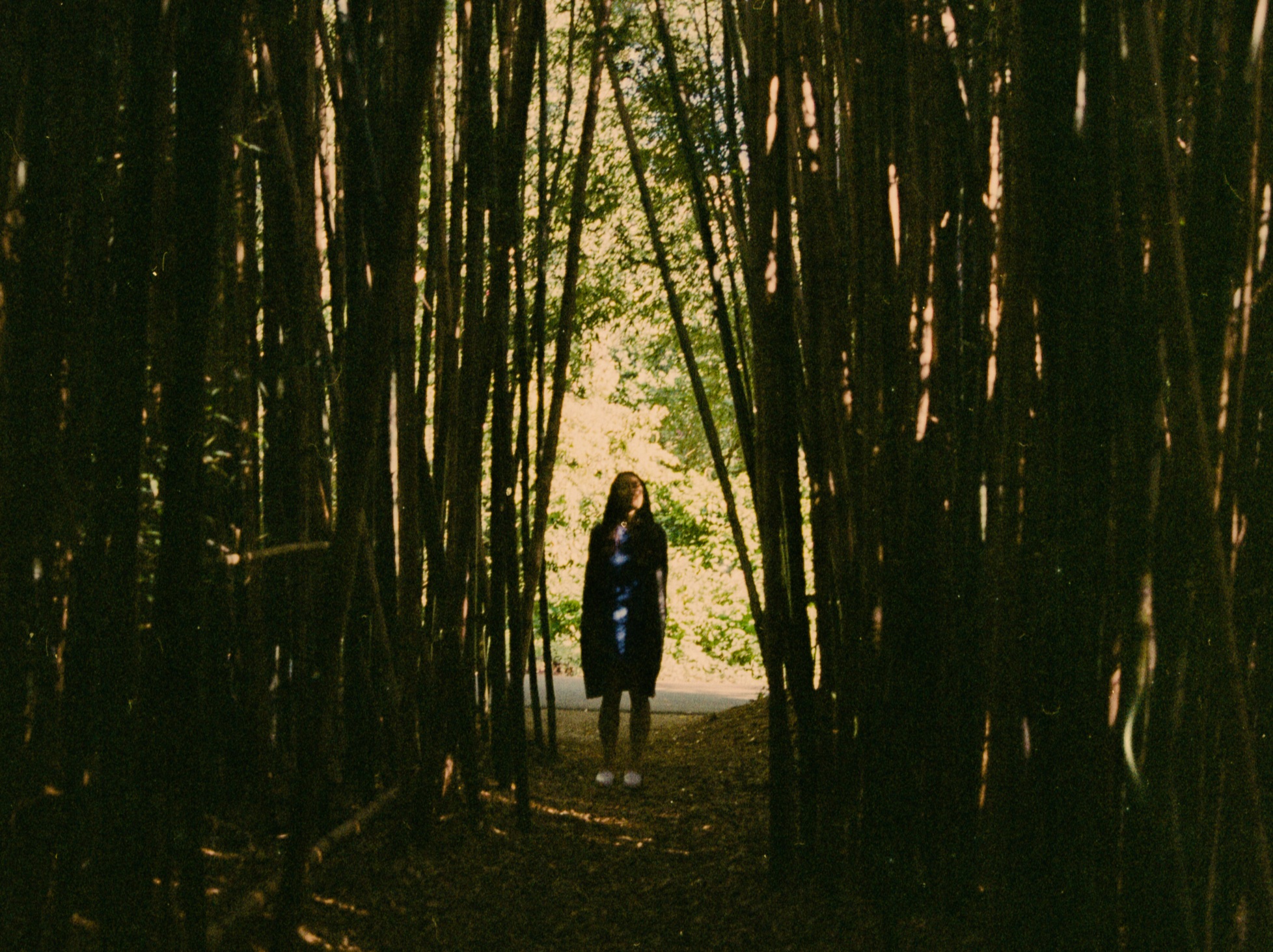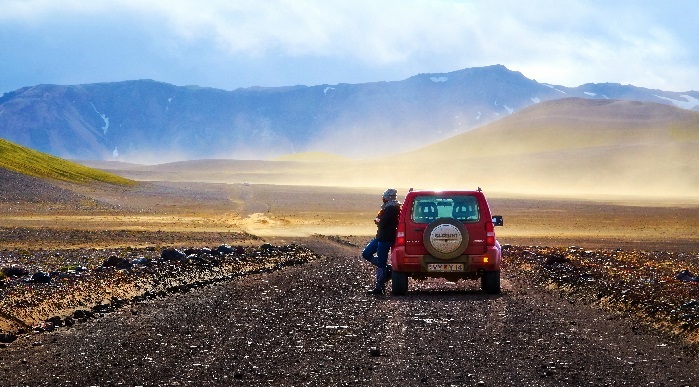Courage somehow to face the mornings
/The shadows of a dying day straggle across the wall. Forgotten Solstice lights glow against the fading golden light. The papery, pale tan vines of dried up nasturtiums trail across the front porch outside the window.
The old year is withered. It wasn’t one we generally wanted to hang on to. It feels fine to let go of the old this time. I’ll take down the lights soon. I’ll clean up the desiccated vines.
I am ready to let go of the things that have burdened me and wasted my time. I feel at peace with letting go of some struggles and roles that I felt very strongly about even a few months ago. I am so ready for a new start in my personal life.
And yet, I know the world isn’t really ready.
We’re mired in rising neo-fascism. It feels so much like 1935 or so in Central Europe that I can’t really look ahead to the next year or ten years with much hope beyond a kind of grim determination. If I dwell on them, there are a hundred reasons to say we’re actually worse off than people in 1935, but the main one of those is that we already know what happened in 1945, and we don’t know this time. We don’t know what’s coming, how bad it may get or if sanity will ever return.
Creative Commons image by The Whisperer in the Shadows
I comfort myself, “They didn’t know either.”
That’s the clearest thing one gets from reading history books. People in the 1930s had no reason to believe the rise of fascism wouldn’t be forever. Fascism was strong, even in the US in those years. People forget that. There was no guarantee that the US would end up on the right side of history that time.
We did. Thank goodness. But it could have gone the other way. Key industrialists, such as Henry Ford, and significant pro-Nazi organizations, such as the German American Bund and the KKK, pushed fascist ideology. The US was simultaneously plagued by Jim Crow segregation laws, rampant racism, the ongoing genocide of Native Americans and the Great Depression during those years. Those who stood up to fascism at the time had little reason for hope, though the US was then merely one of the peripheral areas threatened by the insidious spread of full fascism.
Now we’re at the epicenter of it. We are now the place where fascism is rising and it’s other countries that have to wrestle with how to deal with this 500 pound gorilla with nuclear weapons and with their own domestic wannabe-fascist movements at the same time.
I wish them luck and steadfast courage. I hope against hope all this won’t lead to war or extensive violence. It’s already hurting so many innocent people while the guilty grifters and predators gloat and point fingers from their seats of power and unimaginable wealth.
Today, we’re told that “empathy is a weakness” and “AI will make work obsolete.” We aren’t told what will happen to all these working humans, if their work is deemed “unnecessary.”
So far, what we have are empty fields and employers at their wits’ end because many of the most essential jobs that were done by immigrants are going un-done because our immigrant neighbors are living through the nightmare of being hunted, beaten and detained, usually for no discernible reason. Most of those detained by ICE and similar agencies are NOT undocumented or even in any violation of immigration standards. Most are simply suspected of being immigrants, and because there is no due process in the system, it often takes days or weeks to prove that one is a U.S. citizen or a legal immigrant.
Sometimes the individual has already been deported by the time they can gain access to lawyers and documents to prove their status. Sometimes they’ve “merely” been beaten, starved, frozen and detained in concentration-camp-like conditions for a few weeks. They’ve suffered health consequences.
At least one pregnant mother lost her child after being abused by officers and thrown roughly to the ground. And we only know about that particular case because someone caught it on video. How many others are there unknown and unseen?
There truly is not much difference between this and what was happening in Nazi Germany in 1935. Remember, that was before the death camps and the “final solution.” This is how it started—the erosion of democracy, denial of due process, mass arrests, detention camps. People initially returned from those camps, just as they do today, with terrible tales to tell and shaky health. It really is eerily repetitive.
In 1935, the US had it’s own fascists, aspiring to what the Nazis were doing. It also had segregation laws and the Great Depression with most of the country sunk so deep in economic desperation that people couldn’t think straight. But there was one really beautiful thing that happened in 1935, which I was required to write a paper about last term in graduate school—a twenty-four-year-old woman named Josephine Johnson became the youngest person ever to win the Pulitzer Prize.
Her record still stands.
Out of about a hundred people who have won the Pulitzer Prize since it was founded in 1918, only 31 have been women, and only 17 of them have been under the age of forty. Only TWO winners ever were in their twenties when they won.
Josephine Johnson wrote about a family struggling to survive on a Dustbowl farm in Now in November, a hauntingly beautiful and deeply emotional novel which is almost never assigned in literature courses today. The competition that year included such classics as F. Scott Fitzgerald’s Tender is the Night and James M. Caine’s The Postman Always Rings Twice. Johnson’s work prevailed both in front of the committee and at bookstores. But Johnson and her work were both wiped from literary society in 1939, despite the extensive success of Now in November, which sold out in pre-sales before it was even fully published, and of her second novel.
Scholars don’t know why she disappeared, but there are facts that speak quiet, uncomfortable truths.
In 1936, a year after she received the prize Johnson was arrested for “encouraging dairy workers to strike.” Her later books became more overtly political in terms of calling for more equitable economic policies and redistribution of fraudulently obtained extreme wealth. In 1939, the anti-Communist witch hunt of the House Committee on Un-American Activities first began, though it is best known for its activities in the 1950s.
Coincidence?
I think not. You’ve likely never heard of Now in November or Josephine Johnson because of the vast wave of fascism that stormed the world ninety years ago. She wrote 11 books in all and died in obscurity in 1990. She was almost certainly a victim of political censorship and blacklisting.
And yet, her first book Now In November survives today. It’s hard to find print copies, but a professor assigned it to me and a handful of my classmates anyway. A few recent scholars have marveled at the incredible lyricism and the precision of every single sentence. I did an experiment in class where we turned to random points in the book to see if we could catch Johnson with a sentence that you wouldn’t want to be quoted on or even a boring, filler sentence. Couldn’t find one.
It’s “nearly perfect” and “just unbelievably good” in terms of writing craft and skill, as the initial reviews said. It’s also emotionally heavy and linguistically dense for modern readers, so beware, but certainly go read it if you’re up for an adventure.
The final image of the book, the thing that Johnson leaves the reader with in the final lines is an answer of sorts to the despair of her time, and as good as we’re likely to get in the despair of our own times: “I cannot believe this is the end. Nor can I believe that death is more than the blindness of those living. And if this is only the consolation of a heart in its necessity, or that easy faith born of despair, it does not matter, since it gives us courage somehow to face the mornings. Which is as much as the heart can ask at times.”
We could wish for a bit more than the “courage somehow to face the mornings,” but damn, we need that bare minimum. “Faith born of despair” and “the consolation of a heart in its necessity,” these are the things Johnson says build that courage. Hope in spite of reason, and the comfort of knowing that we must go on because of the needs of those who depend on us.
That’s it. That’s how I’m going on in this New Year. I’m with Johnson. I’m with her for that bit of encouragement from the other side of a 90-year political silencing.
Last Thanksgiving, it was that which drew me to give thanks for the precious bits of survival that have been passed to us, for Johnson’s work of youthful genius beyond all odds; for the wisdom of Native American grandmothers and grandfathers, those who survived genocide and carried knowledge of the earth and sustainable, equitable living to us; for the teachings of civil rights activists who endured jail. beatings and murdered friends so that their messages might be passed down to us; even for the tattered whisperings of ancient Druids, early casualties of colonialism and imperialism, which are mostly unintelligible now and yet there is something they managed to save.
These bits and pieces. Maybe that’s all that will survive our wave of fascism as well, some small fragment of hope or wisdom or understanding from whoever among us makes it through. We must strive to survive, because of the despair and darkness that would have been left to us, if those who came before us had given in.
There are those in the future who will reach back to our time for hope beyond reason, for inspiration and for clues about how to survive whatever comes for them. We now carry the torch.





















